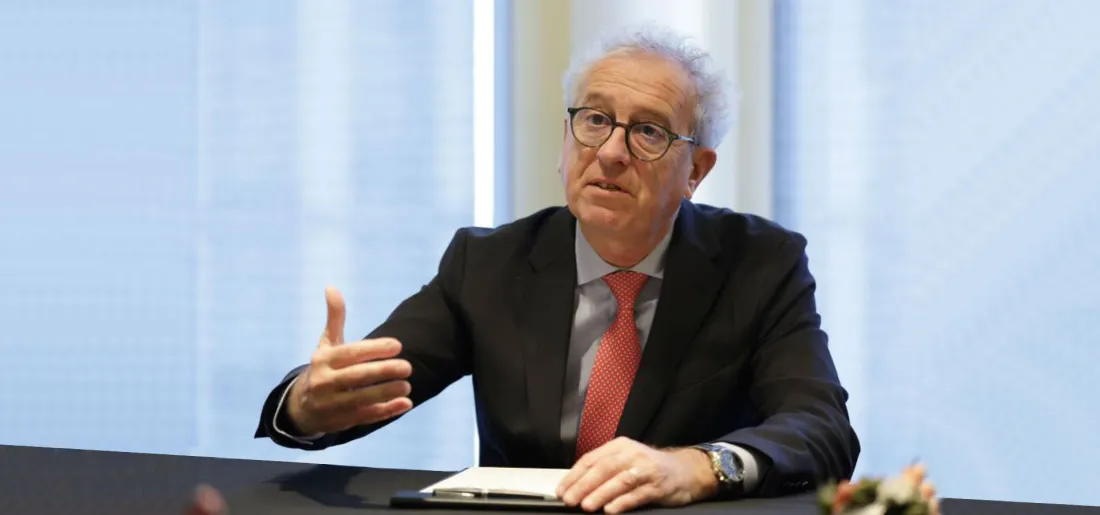Pierre Gramegna in interview with Dong-A Ilbo (Korea)

Interview with Pierre Gramegna, ESM Managing Director
Published in Dong-A Ilbo (Korea)
28 November 2024
Interviewers: Donghun Lee and Ah Hyung Shin
Dong-A Ilbo: How do you see the re-election of US President-elect Donald Trump affecting the global economy, including Europe?
Pierre Gramegna: If President-elect Trump does indeed increase tariffs as he has promised, global trade volume will decline and 'export champions' such as South Korea and China, as well as some European countries, will be particularly hard hit. It is true that we are entering a period of greater economic volatility and uncertainty than usual. The more so, the more we need to demonstrate to the world that principled bilateral and multilateral trade partnerships are unbreakable.
What are the global mega-trends that the European economy, and even the global economy, should pay attention to?
Geopolitical divisions, climate change, and demographics. As globalisation slows down, 'Slowbalisation' (slow +globalisation) has emerged. This has been triggered by geopolitical tensions, including President-elect Trump's tariffs and conflicts around the world. According to the United Nations, there are currently 47 officially active wars, and that number is growing. Amid these tensions, I would like to highlight the importance of the 'regionalisation of trade,' with the cooperation between Europe and South Korea as a prime example. It is also worth noting that this month, the EU and South Korea committed to strengthening cooperation in the fields of security and defence.
Greece, which was hit by a fiscal crisis that led to a sovereign default, has recently shown signs of economic recovery, outperforming the EU's overall growth rate. What role has the ESM played in stabilising the region's economy and what is the outlook for the European economy moving forward?
The resilience of the European economy is strong. Many people predicted a recession in Europe, but it did not happen. Europe's economic growth rate is not remarkably high at around 1%, but it is still growing, and I believe it will improve. The ESM has provided assistance to five countries - Greece, Spain, Portugal, Cyprus, and Ireland. Even afterward, we continue to closely monitor their debt-to-GDP ratios to see how debt is evolving. We believe that without the ESM, some countries might have been forced to leave the euro area. The ESM is always ready in case of a crisis.
What kind of cooperation do you hope to explore with South Korea during this visit?
We sincerely believe in multilateralism. Through our meeting with the Bank of Korea, former UN Secretary-General Ban Ki-moon, and others, we hope to have the opportunity to emphasise that multilateralism is the right way forward – not just because of the ESM's role as a bailout institution.
Author

Contacts


